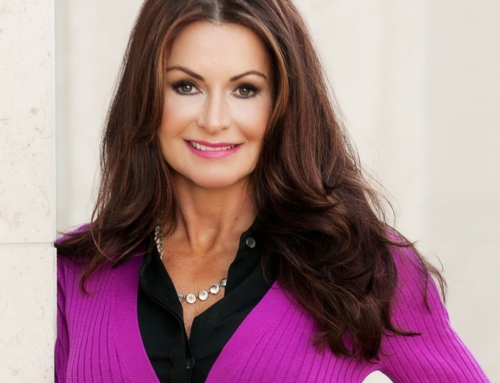Lindsey Holthaus, CEO and Co-Founder of Plain Jane, a CBD company that provides low cost , quality Hemp CBD products. Lindsey holds an MPP from American University and has previously worked as a public health policy analyst for the Maryland General Assembly. She is from Baltimore, Maryland.
Thank you so much for doing this with us! Can you tell us the “backstory” about what brought you to the cannabis industry?
I started having some stomach problems a few years ago and took up smoking weed with a high percentage of CBD to help. I ended up quitting my job to travel for a few months to see if less stress would help too. It was there I met some friends that were trying to start a business. They were 2 young MIT grads that used to grow weed out of the basement of their fraternity. They were trying to decide between a tech company and a weed company. When they decided on weed, I convinced them to do CBD instead for the simple fact that I wanted cheaper CBD to use myself and recognized there was a need for lower cost CBD all around.
Can you share the most interesting story that happened to you since you began leading your company? Can you tell us what lesson you learned from that?
The guys were bootstrapping the company and decided to move to Oregon to live on a hemp farm so they could be closer to the product and save money on rent. They paid a guy for an RV with literal gold. By the time I came up to the farm to join them a few months later there were 3 of us living in a 250 square foot RV on this farm with no bathroom or hot water. It was like being back in our college dorm rooms with a weird Farmer twist.
Can you share a story about the funniest mistake you made when you were first starting? Can you tell us what lesson you learned from that?
We make mistakes all the time and if we didn’t use humor to get through them, I’m not sure what we would do. Once we paid a farmer $1,000 for flower and it was a complete scam. It wasn’t so funny at the time but now we can laugh it off.
Do you have a funny story about how someone you knew reacted when they first heard you were getting into the cannabis industry?
We sell hemp, which is different than THC and most people that I’ve told don’t understand the legal nuances and think that I’m doing something illegal anyway. I got sick of explaining myself so now whenever anyone asks what I do, I tell them that I sell drugs.
None of us are able to achieve success without some help along the way. Is there a particular person who you are grateful towards who helped get you to where you are? Can you share a story?
There are quite a few people who took a chance on us from the beginning, from letting us live on their farm, helping us find investors to pitch to, and giving us free flower to help us get through the early stages while we grew. Our families have also been extremely supportive. Both of them let us fill orders out of their homes to save money on rent when we first started, even with the smell of hemp throughout the house.
Are you working on any new or exciting projects now? How do you think that will help people?
We really like to be in tune with our customers and listen to what they want. We’ve been rolling out new products every month and we invested in our own greenhouse to grow specific strains to help people. We’re also looking to partner with health professionals to study the potential health benefits of specific cannabinoids.
Ok. Thank you for all that. Let’s now jump to the main core of our interview. Despite great progress that has been made we still have a lot more work to do to achieve gender parity in this industry. According to this report in Entrepreneur, less than 25 percent of cannabis businesses are run by women. In your opinion or experience, what 3 things can be done by a)individuals b)companies and/or c) society to support greater gender parity moving forward?
I’m glad you asked this question. First, I want to note that gender parity (in any industry) is not possible in the patriarchal heteronormative society such as the one in the US. Second, I want to note that it is not possible to talk solely about gender without also talking about class and race. Not every woman has the same experience. A wealthy white woman is not going to have the same experience as a poor white or black woman when it comes to starting a business. I’ve seen plenty of wealthy women starting “luxury CBD makeup brands” without as many problems.
With that being said, one of the primary reasons fewer cannabis companies are run by women is economic. You can not compete on a fair playing field in this business without capital and you can not raise that capital from any entity outside of investors. The capital is usually venture capital because traditional investment funds do not want to diversify into something that is not technically fully legal or is considered high risk.
As a female CEO, I am beholden to almost entirely white men for funding. If I decide to merge my company or become acquired, it will be to a large company that is likely owned by a man. The question here should really be why are there so few women venture capitalists and why are all the large cannabis companies owned by men? More importantly, we should be asking, why do so few black people run cannabis companies? To the latter I would say, the war on drugs that unjustly targeted black and brown people and the united states prison industrial complex that profits off of those injustices. To the former, I would say, sexism and an antiquated structure within venture capital firms.
You are a “Cannabis Insider”. If you had to advise someone about 5 non intuitive things one should know to succeed in the cannabis industry, what would you say? Can you please give a story or an example for each.
- Trust no one. This is difficult as a person who wants to see the good in everyone. The corruption in the cannabis industry is rampant. One company we know of, fakes their lab tests results (we know because we bought their flower and had it re-tested). They aren’t the only company to do so, many companies just use old lab results without even testing to know what they are getting but this is the first company we saw that legitimately plagiarized their test results.
- A deal is never a deal until you see the money. In this industry, where there are no set prices, deals are made and broken constantly. Someone will say they are going to buy XYZ immediately and the next day you will never hear from them again. Investors tell farms they will give them millions for their whole lot and never follow through. Do not rely on the deal happening until the money has exchanged hands.
- Know how to adapt quickly. Suppliers take longer than expected, farmers run low on flower and raise prices, payment processing is near impossible to get. It’s a new industry, regulations change, there isn’t a set price on the product, banks are hesitant to lend. We’ve had accounts shut down, we’ve paid ridiculous fees for payment processing. It’s all about being nimble and having a backup plan (2 bank accounts in this case) to keep it moving
- Be prepared to compete with big money. There are fewer barriers to entry in this industry but big money still exists. We learned this when trying to go to retailers for distribution. What ends up happening is companies with tons of cash buy up shelf space by giving retailers thousands of free product.
- Watch out for uneducated and/or corrupt law enforcement. This is a well known fact that police are corrupt but in this industry in particular, law enforcement will steal your product. They will seize legal property and not give it back. They will arrest people smoking legal hemp. They will raid your legal property and destroy product while harassing you. I wish I had only one example of this blatant corruption but unfortunately the examples are endless.
What are your thoughts about federal legalization of cannabis? If you could speak to your Senator, what would be your most persuasive argument regarding why they should or should not pursue federal legalization
I think all drugs, not just cannabis should be legalized federally. Unfortunately, what’s going to happen, (and we’re already seeing this) is that a few large companies are going to monopolize the market. As I previously stated, those companies are made up of almost always white men, some of whom have never even smoked cannabis. It’s sickening really, the way people see dollar signs and want a piece of it without even caring about what it is or who they are pushing out in the process. Meanwhile, the real entrepreneurs in cannabis (more often minorities) are now part of America’s prison industrial complex. Why should billion dollar companies get to profit off of an industry that ruined lives of so many people by imprisoning them? The farm bill of 2018 even kept in the most blatantly racist policy of not allowing anyone with a past weed conviction the ability to apply for a license to grow. If cannabis is going to be federally legalized, we need to think long and hard about how to make sure the right people profit off of that legalization and what kind of reparations will be given to the victims of the war on drugs.
As a company, we give discounts to non-violent weed offenders. We hire people who have been previously incarcerated. We hope in the future to have a skills training program for people released after being incarcerated for non-violent drug offenses. We want to do our part but we hope that lawmakers and other companies do theirs as well. On a positive note, there are companies out there doing some things to make a positive impact. Lowell’s, for instance, uses artwork from formerly incarcerated individuals on their packages. In my home state of Maryland, medical licensing was delayed initially because there was no diversity among the licensees. Changes are happening, just at a slow pace, and not enough…as is the History of America.
Today, cigarettes are legal, but they are heavily regulated, highly taxed, and they are somewhat socially marginalized. Would you like cannabis to have a similar status to cigarettes or different? Can you explain
Heavily regulated: I believe cannabis should absolutely be regulated, however the current system of regulation is onerous, expensive, and still leaves plenty of room for fraud. I think there is work to be done on the regulation front that can better balance the safety of the consumer with the time/financial constraints of a small business.
Highly taxed: Taxes are often used as a way to disincentivize people from using a product. If hemp/cannabis is a healthier alternative to smoking cigarettes, wouldn’t we want to incentivise people to make the switch by not taxing the healthier version heavily? Do we tax edibles and other form factors outside of cigarettes if we are only concerned about the health consequences of smoking or do we think cannabis is inherently bad/dangerous?
Socially marginalized: As a society we don’t socially marginalize people for drinking alcohol, eating too much sugar, working too much or not sleeping enough. I think we should cherry pick what is socially marginalized. I’m an advocate for the legalization of all drugs. I’ve had family members addicted to drugs. I’ve had childhood friends addicted to, and almost die from both legal and illegal “drugs”. Socially marginalized or not, people are going to do drugs and if they want to, that’s their own prerogative, they should be able to make decisions for their own bodies. With that being said, I do think that there should be some control over where and to whom the products are marketed. Companies should never e marketing those products to children and the drugs should be regulated so that people know what they are consuming.
Can you please give us your favorite “Life Lesson Quote”? Can you share how that was relevant to you in your life?
Help who you can, where you can, when you can. When I worked in public policy, I wanted to help everyone. I thought I could work within the system to help make real change. I found out that the system is broken. I decided I’m going to help people in the best way I can with the resources I have. Whether that is providing low cost CBD for people that truly need it, hiring people that wouldn’t otherwise be employable, or mentoring anyone and everyone that asks for my help.
You are a person of great influence. If you could inspire a movement that would bring the most amount of good to the greatest amount of people, what would that be? You never know what your idea can trigger. 🙂
We started our company to provide a non-addictive alternative to tobacco and provide an affordable alternative to some pharmaceutical drugs. People use our products to relieve stress and anxiety, the same reason they use addictive drugs like nicotine or drugs with harmful side effects like pharmaceuticals. Making products accessible and affordable can go a long way in improving the quality of lives for many people. Unfortunately I think mental health, including anxiety and depression which cause people to need products, goes unaddressed way too often in our Country (and globally). Stress, anxiety, and depression can be caused by a myriad of things, from pesticides in our produce to violence and trauma in neighborhoods. The way we live our lives, treat our planet and each other has to change before we can make real strides in global mental health.
Thank you so much for the time you spent with this. We wish you only continued success!

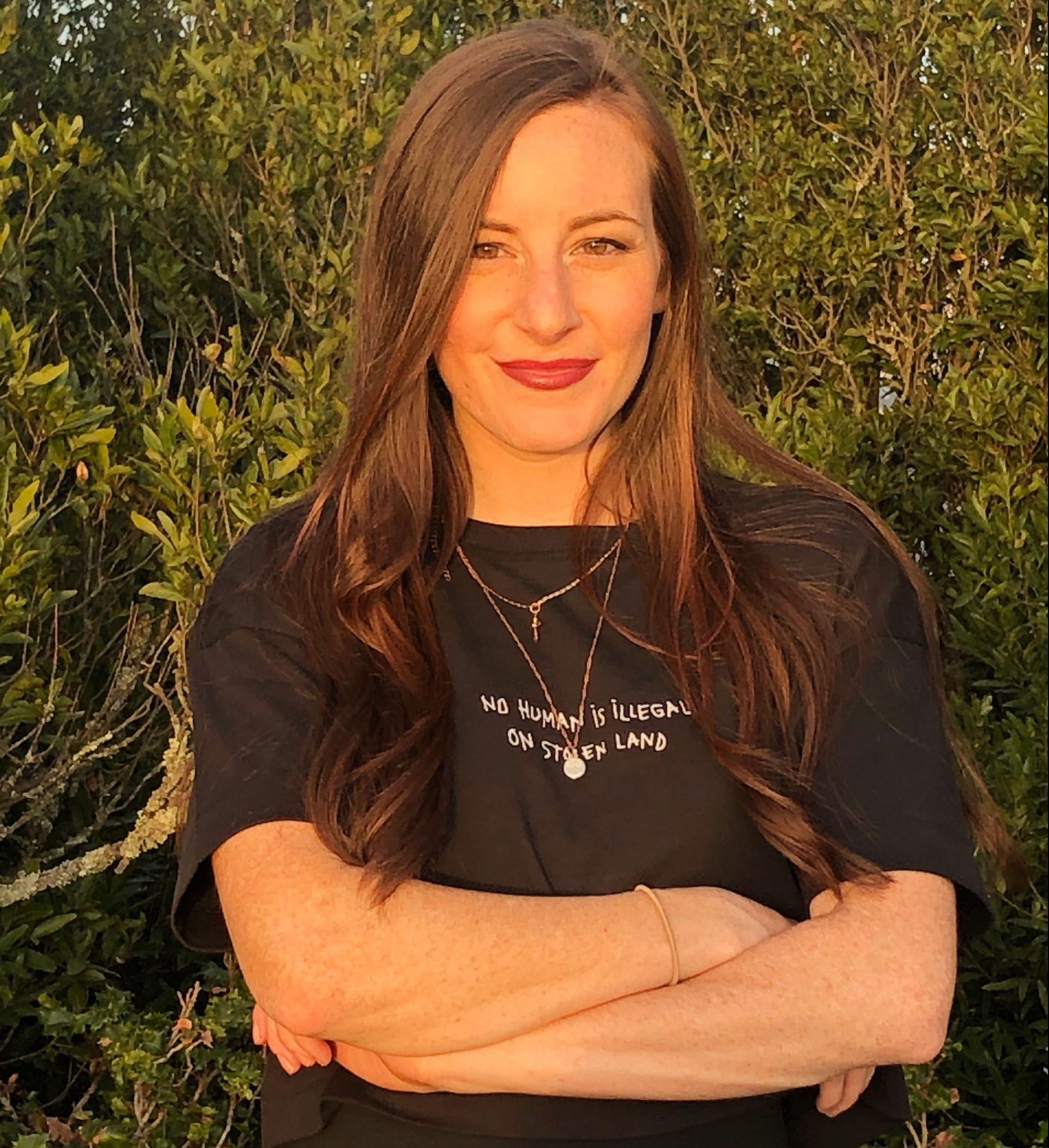
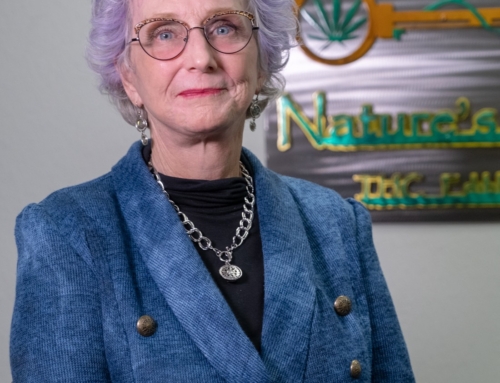
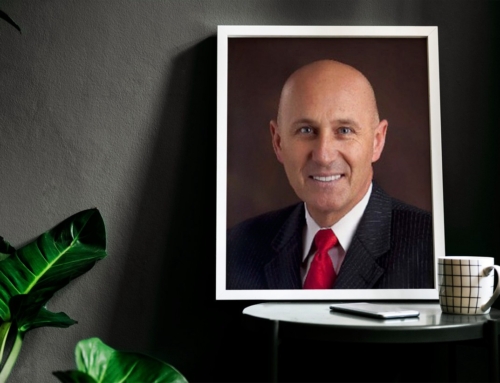
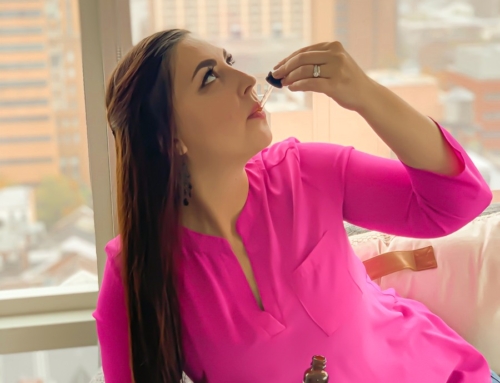

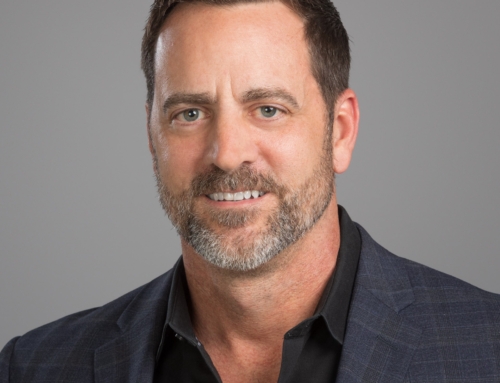
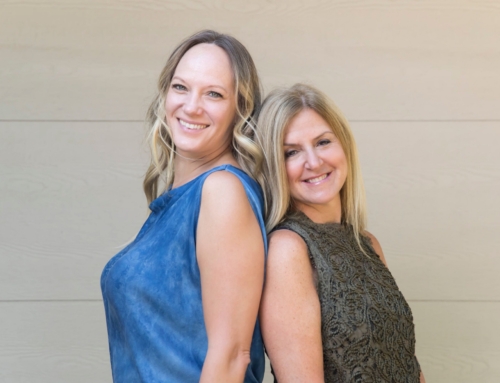
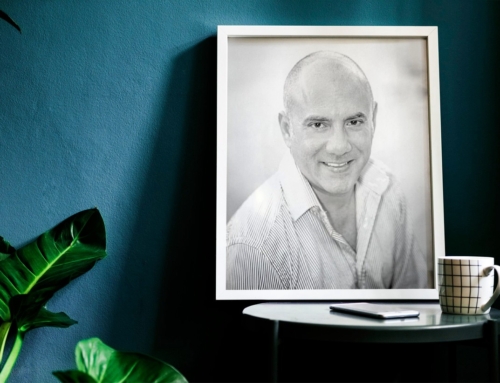
![“The potential to help people [in this industry] is enormous, but there’s still so much to learn.” – Ramon Alarcon, Witi](https://lakesideremedy.com/wp-content/uploads/2020/12/1thj5ekUyxQ69iLz1JJyODg-scaled-e1607882756286-500x383.jpeg)
